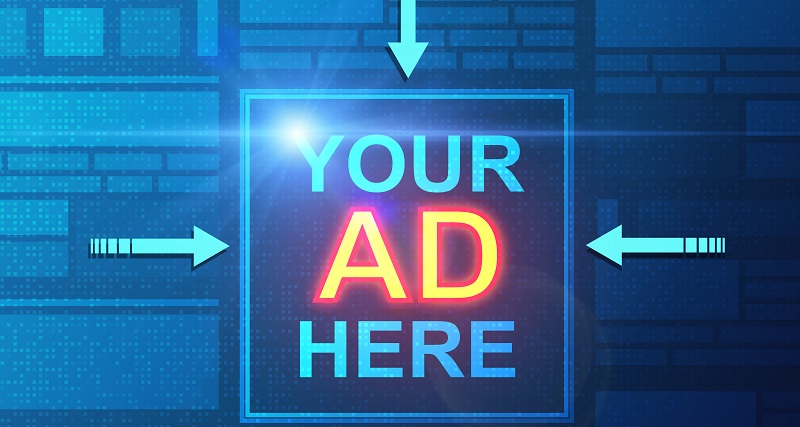Writing
Communicating in an Electronic World – The Email
by Patty L. Fletcher
Hello Everyone.
I hope this posting finds you all doing super great.
Today, I’m going to begin a series on something which is becoming increasingly problematic as we move into a more digital world, and that is communication.
Whether we’re communicating via way of Email, or Social Media, the way we speak through our writing can make or break our success.
The things I’ll cover in this series can of course be applied to how we speak to people in person as well, but my point here is the fact that in electronic communication we don’t have the benefit of voice inflection and if you’re writing in a professional manner, sometimes an emoticon or emoji which can better express what we’re feeling, isn’t appropriate.
I’d like to begin with the Email.
Email is one of the best formats with which to disseminate information about your books, blogs or businesses. In an email, you’ve plenty of room to write, you’re not limited by a specific word our character count so, you’ve a great platform to create a miniature presentation for those to whom you’re speaking.
Composing your email in a way so that it conveys the message you’re presenting to the recipient is key. Let’s begin with the subject line.
The subject line is the first thing someone sees when they receive your email. Just as with the cover of a book or the business logo, the subject line lets the recipient know what your email is about and begins setting the tone of your communication. Even if you’re writing a chatty communique to a friend, the subject line is the first point of contact.
Next, let’s talk about the body of the email.
This is the meat of what you’re saying to those you’re communicating with. When you write the email, you should write not only in the mindset of the message bearer but the recipient as well. Think about what you’d think or feel if you received the email you’re sending out. Read through it a couple times before hitting the send button. What does it say to the recipient? We’re all human and goodness knows I’ve hit that send button a few times with the fury of my emotions attached but even if we’re overly excited or upset, we must think before sending because that first email sets the tone in which the conversation will take place. It can mean the difference between a productive presentation or even the stability of a friendship. Whether you’re the sender or the recipient sending a reply, think before send is a good practice.
Now that you’ve figured out what you want to say and how best to say it, let’s talk about clarity. Is it legible? Or is it full of punctuation perils, sentence structure snafus, and misspelled words? This can be an especially important factor in the way someone perceives what you’re trying to relate. Whether you’re an author, blogger, or business owner, the legibility of your email is extremely important.
Many times, when I dictate rather than type, my emails will have issue with things like punctuation and sentence structure. Very seldom do I dictate a professional letter and if I’m in a friendly chat, I will usually let the person to whom I’m writing know that I’m dictating so they’ll understand if there are a few mistakes. Is this necessary? Yes. I’m a writer and promoter by trade. If someone receives an email from me and it’s poorly written they might think twice about buying my books, following my blog or hiring me to assist with their marketing.
Another important portion of your email is your closing.
When you’re ready to close the email you’re writing, make a point of ending the conversation on a good note. Many of us have signature lines automatically added to the end of our emails so, the recipient sees our name and contact information. Still, a brief ending to wrap things up is important. If you’ve been reading my emails a while you know that most times, I add a brief note wishing the recipient a good day or thanking them for reading what I had to say. This leaves the recipient with a good feeling and will help keep the flow of communication going in an open and easy manner.
What are some problems you’ve encountered in this growing world of electronic communication? And what do you think causes them? Are there things we can do to lessen electronic communication gaps and misunderstandings?
Let me know by sounding off in the comment section. We’ve all got room to improve and having good conversation with one another can help to make us all better communicators.
I hope you’ve found this offering helpful. Next time I’ll be talking about communicating in a group setting. Whether by email or social media the way we communicate in a group of people can make or break our success.
Until next time, this is Patty saying, thank you for reading. May Harmony find You and Blessid Be.
About the Author
Patty L. Fletcher lives in Kingsport, Tennessee, where she works full time as a Writer with the goal of bridging the great chasm which separates the disAbled from the non-disAbled. She is Also a Social Media Marketing Assistant. To learn more, visit her facebook page https://www.facebook.com/tellittotheworld/.
Related Posts
2 thoughts on “Communicating in an Electronic World – The Email”
Comments are closed.









I totally agree and enjoy your clarity and excellent points. With the development of emoticons and emogies, electronic shorthand abbreviations and image icons, the Internet is murdering the English language as we knew it. There seems to be a mentality that no one wants to type more than they absolutely have to. Looking forward to more in this series. Thank you, Patty.